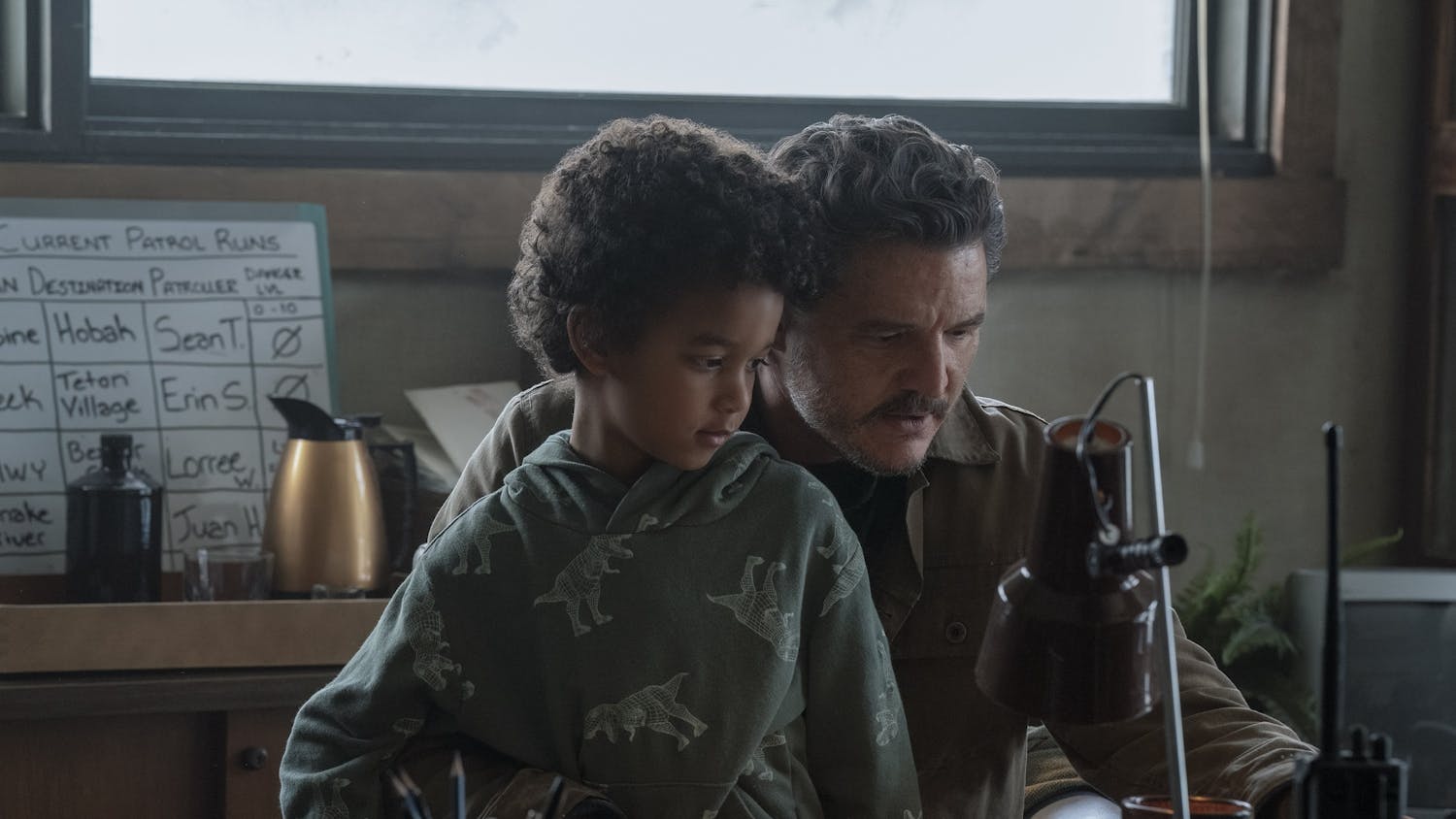Over the last few years, Janelle Monáe has become a familiar face in, and outside, of music. Recently starring in “Glass Onion: A Knives Out Mystery” last year, the singer was multitasking while also creating her newest album, “The Age of Pleasure.”
Unlike its predecessor, 2018’s Grammy-nominated “Dirty Computer,” Monáe has shed all of her seriousness to make an album that feels like you’re on a vacation with friends. While “The Age of Pleasure” is fun, it’s not memorable, and frankly, doesn’t allow listeners to take the singer very seriously after making a quite impactful record just five years before.
What made “Dirty Computer” so good was Monáe’s insightfulness, as well as her attention to detail in terms of the social and racial issues happening around her. Reflecting on her own perspective as a black, non-binary artist, she was able to create a work that simply was ahead of its time, especially with songs such as “Screwed (feat. Zoë Kravitz)” and “Django Jane.”
One of the only songs that truly is worth mentioning from this record is its opening track, “Float (feat. Seun Kuti & Egypt 80),” which integrates reggae-style instrumentation and vocals from Monáe to produce an anthem about moving on from the darker themes of her previous works. Singing, “No, I’m-, no, I’m not-, no / I’m not the same,” this track signals to listeners that the singer has transformed, letting go of the anxieties and stress of her early 30s.
“Champagne Sh*t” and “Black Sugar Beach” feel like songs you could hear while grocery shopping, so generic in sound that it doesn’t even sound like Monáe wrote them. Removed of any true meaning, these songs serve more as background noise, probably to a beachside setting as the singer suggests.
Another downfall to this album is a majority of its 14 tracks are less than a minute long, acting more so as transitions than actual songs. For example, “Haute” and “Oooh La La (feat. Grace Jones)” are just states of mind as Monáe boasts about her appearance and confidence, which are great sentiments coming from a queer artist, but it gets lost in the mix as Jones starts mumbling in French.
Luckily, “Lipstick Lover” is a redeeming track from this album, and while it’s also not very meaningful, it’s a song one could definitely play with friends around. A love song in its truest form, Monáe confesses to having a crush, hinting at a sensual connection as she says, “I like lipstick on my neck / It let me know I’m your number one select.” Reminiscent of a Bob Marley track, the singer perfectly encapsulates the lightness one feels when falling in love.
Other collaborations on the album such as “The Rush (feat. Nia Long & Amaarae)” and “Know Better (feat. CKay, Seun Kuti & Egypt 80)” also don’t stand out much, even if they are stacked with impressive singers and producers.
“Only Have Eyes 42” is one of the last songs on the record, seemingly hinting at Monáe’s comfortability with being in an open relationship. With a similar rhythm found in “Lipstick Lover,” this song is simple, yet allows for the singer to belt and vibe along to the beat of her own drum.
Sadly, the album ends with “A Dry Red,” which is only one minute and 51 seconds long, and for sure does not feel like a sound ending coming from an artist as established as Monáe. Her vocals drift off into the distance as she once again repeatedly states how she’s falling for someone, which gets too repetitive.
All in all, “The Age of Pleasure” isn’t necessarily a bad album, but one you can only listen to when you’re in the mood for light, airy summer tunes. While Monáe may not have stretched her talents very far on this record, at least she’s having fun as an artist, not letting her critical acclaim distract her from living out the rest of her 30s.
Rating: 2 / 5






